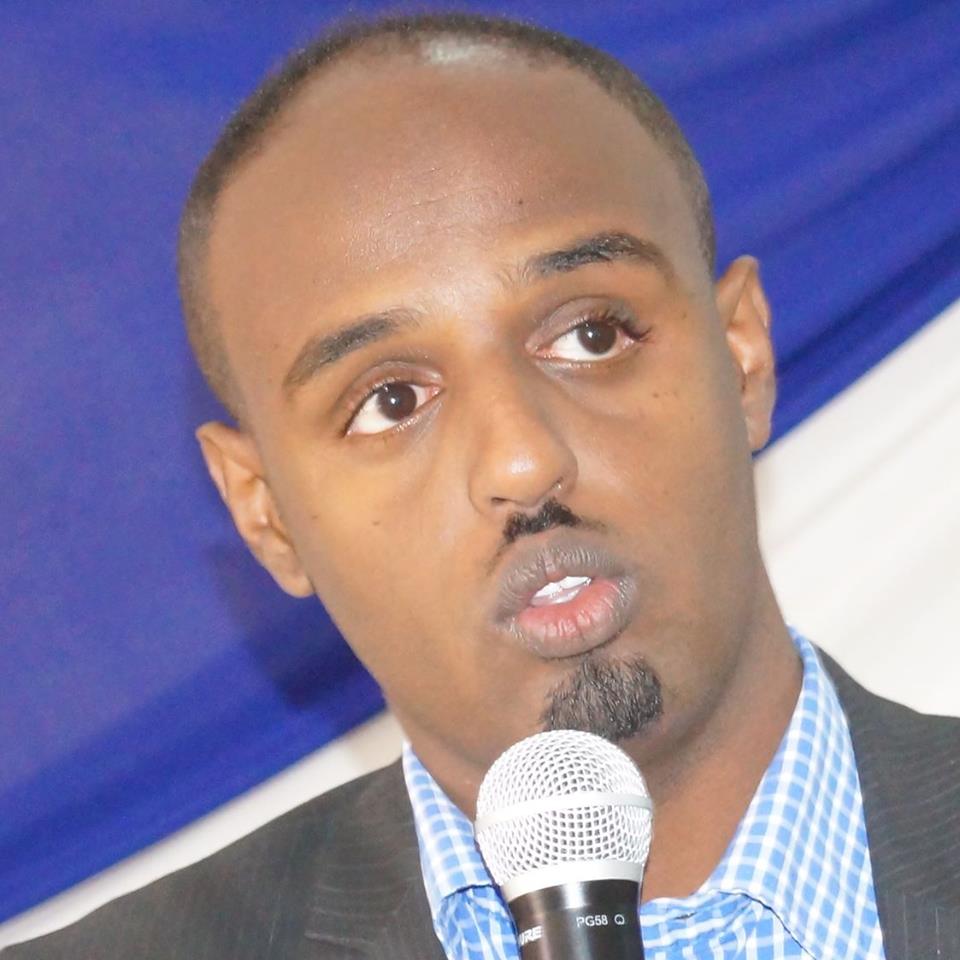HARGEISA- The government of Somalia started a disarmament in Mogadishu to collect weapons from militias. The exercise was taken to respond growing and intensifying security threats challenging the existence and operations of the newly formed government of Somalia. The government proposed an initiate to stabilize Mogadishu, the seat of the government, which experiences attacks almost on daily basis.
Disarmament, demobilization and reintegration (DDR) are important steps for post-conflict situations. The three go hand in hand and cannot be separated. Disarmament involves collecting arms including heavy and light weapons form the civilians. It cannot achieve its goal if combatants are not controlled in demobilisation and reintegration process.
Above all, disarmament should be carried out after a successful reconciliation. In Somalia, true and meaningful reconciliation has not been done. Hence the militias and clan leaders do not trust the government. Asking them to hand over their weapon in devoid of reconciliation is hard to achieve its purpose. That is why DDR shall be part of a wider peacebuilding process. The current scheme of the government lacks the basics of DDR.
DDR cannot be confined to Mogadishu. Mogadishu is the government seat and important place for the stabilization of Somalia. However, DDR should be part of a strong and viable plan that is intended to cover the entire country. Such plan should be put in place in open and inclusive consultations integrated with a bottom-up peacebuilding process.
It is a grave mistake to consider the war in Somalia as one solely between violent extremists and government. The conflict of Somalia started long before al Shabaab emerged. Al Shabaab took advantage of a disintegration, chaos and anarchy. Addressing these serious and complex issues requires holistic approach.
Somaliland as a case study
The manner Somaliland controlled the militias and arms after it declared independence in 1991 can help Somalia. Somaliland refused to accept DDR. Instead it opted its own way compatible with the context and political realities. Instead of collecting arms from civilians, the government took a nationwide Nationalisation (Qaramayn) of arms and combatants. The militias were called to join the army with their weapon. In this way the government addressed two main challenges; clan tension and shortage of government soldiers.
First, clans did not feel threatened because the government has not taken away the weapon from them, but it recruited the clan militias with their weapon into the army. Second, the government was able to get more soldiers and systematically eliminated rival armed groups.
Whether it chooses DDR or Nationalisation, the government of Somalia shall first and foremost make an authentic reconciliation in which justice is an integral part.
Guleid Ahmed Jama, LL.B, MA
Hargeisa Somaliland
The views expressed in here are the author's own.
